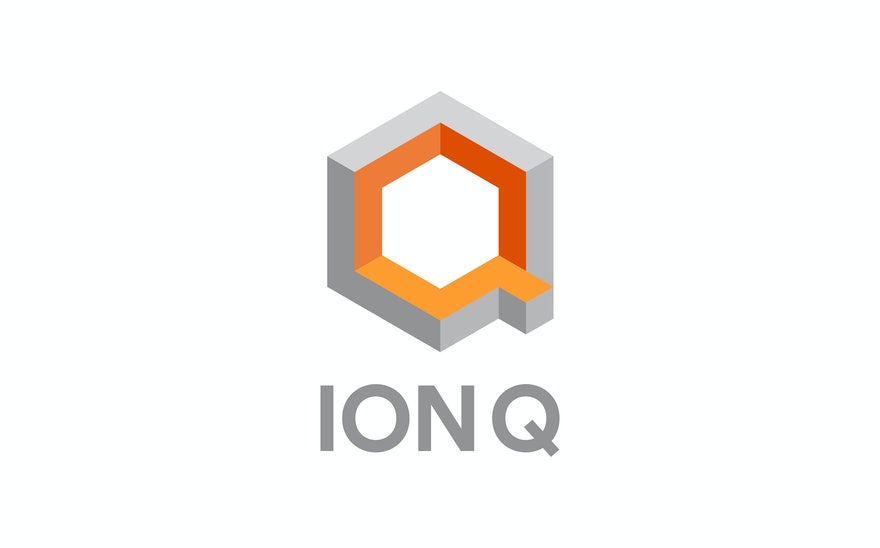- Oppenheimer has initiated coverage on IonQ (NYSE:IONQ) with an “Outperform” rating and a bullish outlook on the company’s future in the quantum computing sector.
- Despite recent fluctuations, IonQ’s stock price shows resilience with a slight increase, indicating investor interest in its pure-play quantum computing approach.
- The upcoming Q2 results announcement could be a pivotal moment for IonQ, potentially influencing its stock price and highlighting its position in the quantum computing industry.
On July 30, 2025, Oppenheimer initiated coverage on IonQ (NYSE:IONQ) with a bullish outlook, assigning it an “Outperform” rating. At the time, the stock price was $40.89, as reported by Benzinga. IonQ is a key player in the quantum computing sector, known for its unique approach and potential for long-term rewards.
Despite a recent 4.23% decline in its stock price, IonQ remains a favored choice among investors interested in pure-play quantum computing stocks. The company’s market capitalization is approximately $10.7 billion, which is relatively small compared to some of its largest competitors valued in the trillions. This size difference presents both opportunities and challenges for IonQ.
IonQ’s current stock price is $40.90, reflecting a slight increase of approximately 0.90% or $0.365. Today, the stock has traded between $40.73 and $41.85. Over the past year, IONQ has seen a high of $54.74 and a low of $6.22, indicating significant volatility in its stock price.
A key event on the horizon is IonQ’s announcement of its Q2 results on August 6, which could potentially lead to a surge in its stock price. The company’s appeal lies in its pure-play status, making it a more attractive investment option compared to some big tech companies, given the potential returns in the burgeoning quantum computing industry.
Today’s trading volume for IONQ is 7.2 million shares on the NYSE, highlighting investor interest. As IonQ continues to develop its quantum computing technology, it remains a compelling option for those looking to invest in the future of computing.




